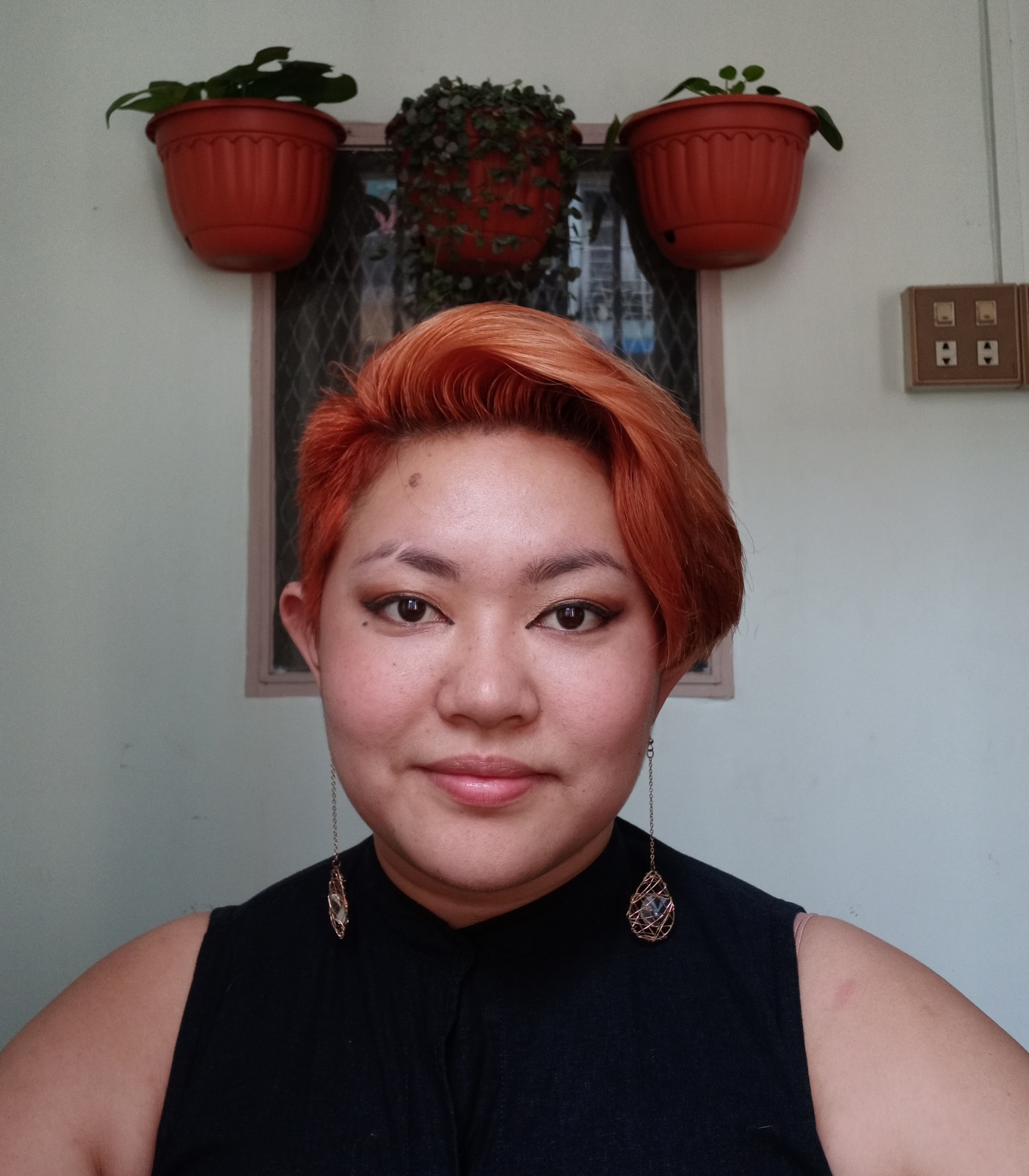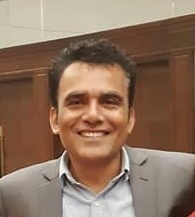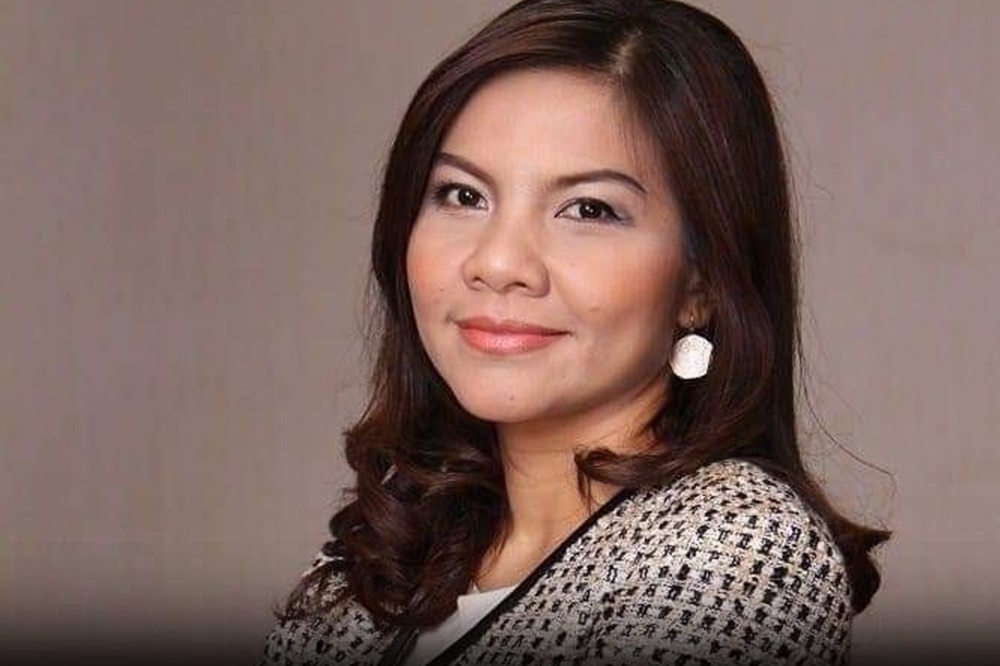SE014
Online COVID19 Misinformation in Asia: Patterns, Tools and Paths Forward
20
Jan
ORGANIZER
- Koe Koe Tech
- FHI360
- Access Health
- Network Strategies for Health
The COVID-19 pandemic is exacerbated by what is referred to as the “infodemic” of misinformation that proliferates through social media. Such information comes in many forms: rumors; false information regarding causes of disease, illness, treatment, interventions; stigma; and illegal sales or promotion of products.[1] Given recent history related to harmful speech on the internet, civil society organizations in the Asia region are actively monitoring misinformation and the outsized impact harmful speech has on vulnerable populations. Governments have taken different approaches to combating misinformation and there is limited policy coherence in the region or globally. Civil society and social enterprises within the region are identifying legal frameworks and innovating platforms that aim to improve accountability of social media companies in the face of limited regulation and oversight.
[1] Islam, MD Saiful, et al, COVID-19-Related Infodemic and Its Impact on Public Health: A Global Social Media Analysis, Am. J. Trop. Med. Hyg., 00(0), 2020, pp 1-9.doi:10.4269/ajtmh.20-0812
This session aims to:
1) identify patterns and drivers of misinformation in the Asia region;
2) describe efforts to monitor and combat COVID-19 misinformation; and
3) discuss challenges and risks related to the balance of free speech and protection from harm.
PANELISTS







